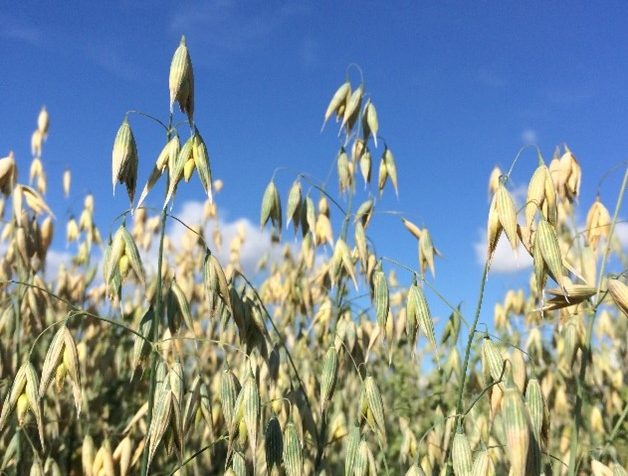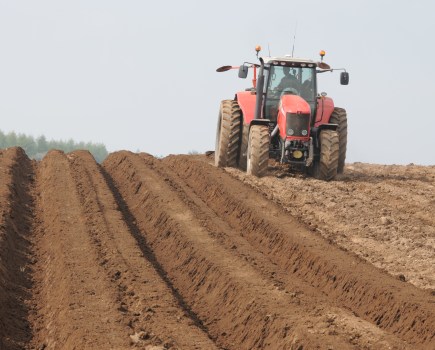Funds have been awarded to the James Hutton Institute for a project which aims to identify nutritionally superior and yield-stable oat varieties.
The three-year project is worth £100,000 – awarded by the Novo Nordisk Foundation – and will be led by the Innovation Centre for Organic Agriculture in Denmark with support from JHI, Nordic Genebank (NordGen) and Aarhus University.
Trial work
Work will centre around a combination of experimental and on-farm field trials across a range of diverse environments and organic management systems.
It was instigated in response to the increasing consumer demand for oats – the third most popular cereal crop grown in the UK – as a uniquely healthy food, rich in protein, minerals and fibre, especially β-glucan.
Project aims
JHI’s Dr Joanne Russell says the project brings together experts in plant genetics, agronomy, and mathematics to harness the unique properties of oats, a crop with a low carbon footprint and significant nutritional and health benefits.
“The key issue for oat producers is the lack of stability in year-to-year supply and quality, largely due to seasonal fluctuations in environmental factors. The project will focus on developing robust organic-ready oat cultivars specifically tailored to sustainable organic production, while addressing some of the emerging challenges in food and health security to help secure food production.”
Oats are particularly well suited to organic production in northern Europe due to their robustness and adaptability. The crop requires low inputs thanks to its low demand for nitrogen, and has low susceptibility to diseases, and can cope effectively against weeds.
For the project, researchers will study the genes of 200 oat varieties and landraces which have been collected from across the Nordic region and grown for a century, surviving changes in climate and agricultural practices.
Demand for oats
Oats are currently experiencing a global revival – the crop ranks sixth in cereal production worldwide and in Denmark accounts for 25% of organic cereals grown. At a local level, oat production in the UK increased by 19% in 2024, driven by increases in both area and yield.




